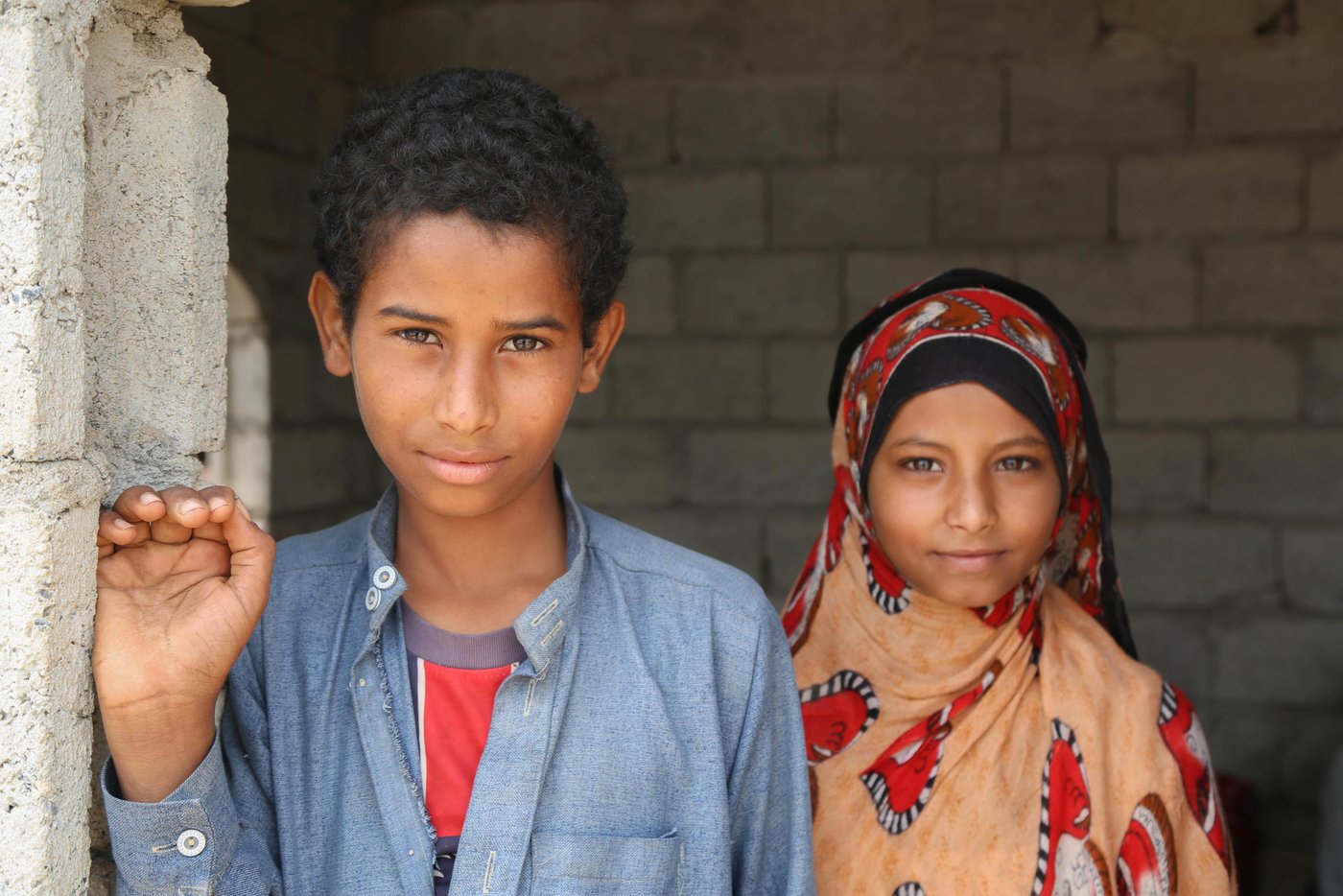War violates the rights of all children – the right to a life, the right to be with family, the right to health, the right to personal development and the right to protection. Displaced children are a highly vulnerable group, and therefore education should have just as high a priority in crisis situations as food, shelter and medical assistance.
Why education is the key to a better future for displaced children
Education normalises everyday life after a distressing flight
When they flee their homes and arrive at a refugee camp, children experience a chaotic situation. The security associated with normal everyday life is gone. Many are plagued by anxiety, grief and guilt, and may have difficulty sleeping or suffer from psychosomatic disorders. Such disorders can last a lifetime if they are not treated and if daily life is not normalised. For refugee children, education creates a semblance of order in the chaos. Schools provide learning, but also protection.
Read about our work with children with trauma
Children meet safe adults
Many children have lost one or both parents. They have seen adults become paralysed into inaction or unable to protect their families. That’s why children need caregivers and teachers who can see beyond the textbook and recognise what they really need. In this way, trust and hope are restored.
School is also important for adults. Many refugees feel that it is only when a school has been established in a refugee community or camp that existence takes on a degree of normality.
Read also: Education is much more than ABC

Schooling can prevent children being recruited as soldiers or by criminal groups
In many places, enrolling children in school is crucial to preventing them from being recruited into armed groups or ending up in prostitution, drug dependency or crime. Without schooling, many more children might be recruited into armed groups as soldiers, runners or sex slaves. Children without a grounding and a foothold in life sometimes seek out such groups to feel a sense of belonging.
Read also: Hope for bullet-ridden classrooms
Schooling helps children later in life to make informed choices about their own lives
Schooling can prevent child labour and sexual exploitation. In many places, this is particularly important for girls, both to prevent unwanted pregnancies and to reduce the number of child brides. Where children previously experienced lives filled with fear, abuse and humiliation, school affords them the security and feeling of trust they deserve. School awakens their desire to learn – about themselves, their own society and the world around them.
Read also: Escaping the horrors of war through school
Schooling is also a crucial step in rebuilding a country marred by war and violence
Knowledge is key to the unification of any society. In a war-torn country that needs to be rebuilt, local expertise is crucial. The school is also a gathering place where different ethnic groups meet. This can be of great value as a community works towards reconciliation, so important for creating a lasting peace after a prolonged conflict.
The Norwegian Refugee Council was one of the first humanitarian aid organisations to introduce education as a core element of emergency aid. In 2018, we helped over one million people with education and schooling.
Education is a right enshrined in both the Convention on the Rights of the Child and the Refugee Convention.


